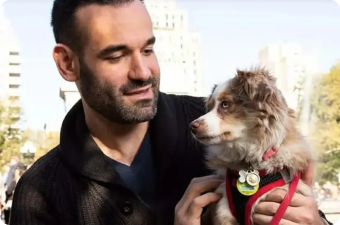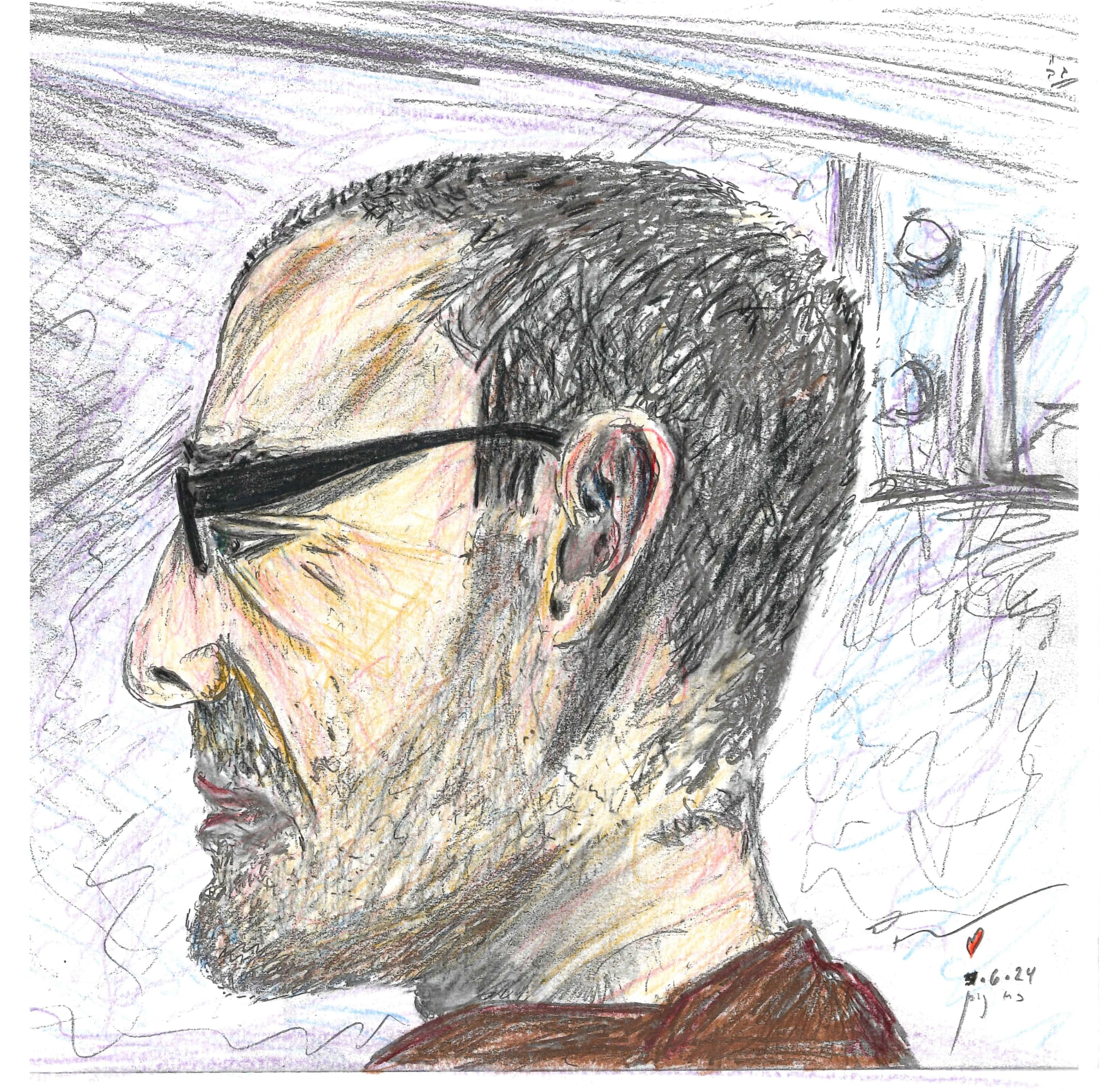Hi Friends, One quick Torah Thought inspired-by this week’s parsha, Metzorah: We again visit the topic of Tzaraat, an infliction of the surfaces of the house, property, clothes, and (eventually)
body, as a punishment for speaking “Lashon HaRa” (“The evil tongue”). The Rambam explains that Lashon Hara, *true* gossip about someone, is more evil than defamation: “There is a far greater sin that falls under this prohibition of [gossip]. It is *the evil tongue*, which refers to one who speaks disparagingly of his fellow *even though he speaks the truth*… Scripture says of those who speak disparagingly of others, ‘May the Lord cut off all smooth lips, the tongue that speaks proud things (Psalms 12:4)” (Deot 7:2)
Rabbi Sacks gives a number of reasons for this prohibition, one being that the Torah sees communication as a means by which Humans connect, “phatic communication”, and this brings negative energy between them. (C&C Leviticus P. 207)
I suggest another reason, from a topic we discussed much earlier on this journey: The Torah is emphatic, time and again, that we are not any act or thought we have possessed in the past.
Humans, unlike animals and objects, have the capacity to change their very nature, to overcome instinct, to decide to behave differently. To gossip about someone’s past is to label them *as their past*, to suggest, in that moment, that they have not changed.
Rather, we are instructed to give the benefit of the doubt to one-another, to assume those who have made mistakes have regretted them and changed. Gossip denies this. Furthermore, deciding people cannot change is to deny in some sense G-d’s ability to inspire them to change. While we have free will, we also believe that G-d can cure anyone, and that all diseases are ultimately spiritual.
The Chafetz Chaim, who led a lifelong campaign against Lashon HaRa, points out that *even if we are accused wrongly*, we can say, “I did not do it”, but cannot point out *who did* — unless they present an imminent threat or can be made to repay a debt… but not to embarrass them, and not in a way that does (if it can be avoided).
This is something our justice systems can learn. Men and women who make a mistake are branded *before trial* with mug shots and news reports, reputation destruction that carries throughout their life even if they ultimately prevail. This is G-dless behavior, it suggests we have no faith in G-d to help them rehabilitate. Before destroying them in prison through physical torture, denial of basic medical care, and obscenely toxic diets, the American legal system drags them through the public to humiliate them. This is against Torah values, and it is not justice. It is ego, it is pain and anger speaking, not love. We can do better. We must.
Bonus thought: Rav Rafael of Hamburg ZT”T would ask guests to not discuss others in his home. (Shmirat Halashon, Tevunah, Ch.3) — A worthwhile idea to bring to our tables. (The Concise Hafetz Chaim, R’ Asher Wasserman)
**VISITING DAY IS SUNDAY** Shabbat shalom, Ari


